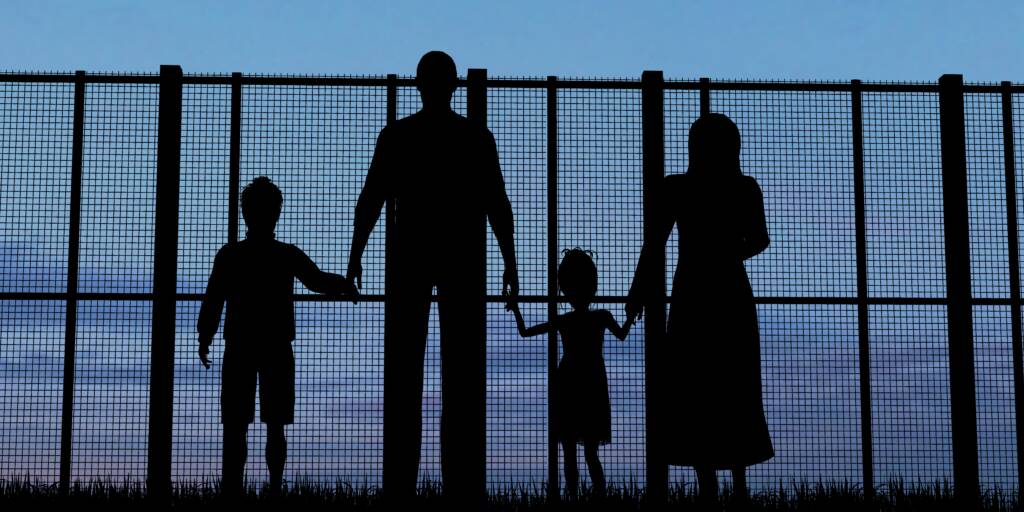
A settlement was reached in the family separation lawsuit lead by the ACLU (American Civil Liberties Union) more than five years after the Trump administration reported it would no longer apply its controversial zero-tolerance policy to families arriving at the southern border. The settlement effectively bars the federal government from reimplementing a zero-tolerance policy, reaffirming the message of nationwide grassroots efforts that the policy and family separations are contradictory to asylum law and the human right to seek protection from harm and persecution.
The U.S. Government forcibly separated an estimated 5,569 children from their families. But the administration failed to accurately track separations, indicating the total number of children separated was likely higher. Moreover, the administration was aware of the possible trauma and long-term effects of family separation and that it did not have the capacity to track all separated families. But it chose to move forward with the program.
With deep concern for the families, the PC(USA) took numerous actions to pressure the administration to end family separations and condemned the administration’s inhumane policy, including the executive order. The Stated Clerk issued a statement in which he asked “How can this be happening in a nation in which so many claim the traditions of Christianity, Judaism and Islam and the critical importance of families to the fabric of our lives together?” This was followed by a resolution adopted by the 223rd General Assembly that called upon the government to end the policy and reunify the families. As part of the PC(USA)’s efforts, the Office of the Public Witness and other Presbyterians joined faith leaders and organizations in marches and protests across the country in support of the Families Belong Together campaign to increase public pressure and stand in solidarity with immigrant families.
Why is this policy so troubling? The zero-tolerance policy effectively criminalized families and individuals seeking asylum by charging any adult apprehended after entering the United States without inspection with illegal entry, a law rooted in racism and first enacted in the 1920s to exclude Mexican migrants. In the spring of 2018, the Trump administration began to systematically apply the policy to all families and individuals who entered the U.S. without authorization as a means of deterring migration to the southern border.
With no exceptions for families seeking asylum, zero-tolerance violated U.S. asylum law and the 1951 United Nations Convention Relating to the Status of Refugees. The right to seek asylum as codified in U.S. law makes it clear that access to asylum is not contingent on whether an individual entered at a designated port of entry.
Although the administration did not formally announce a zero-tolerance policy until April 2018, it was forcibly separating families long before then. According to the Department of Homeland Security (DHS), the administration conducted a pilot program for zero-tolerance in El Paso, Texas, from July 2017 to October 2017. Amidst growing public outcry, the administration walked-back its policy by executive order only a few months later.
In early 2021, the Biden administration established the Family Reunification Task Force whose aim is to identify and reunify families. As of September 2023, more than five years after most families were separated, DHS reported that an estimated 1,073 children still had no confirmed reunification.
Under the terms of the court settlement – which is valid for eight years – the government will continue to identify and reunify families, fund reunifications in the U.S., provide a pathway to seek asylum and access to services such as housing assistance and medical services. But the cornerstone component of the settlement is that the government cannot reimplement a zero-tolerance policy in the future.
While the court settlement offers restitution, it does not undo the harm that was inflicted upon families who were separated. Moving forward, we must continue to advocate for humane border and immigration policies that honor the right to seek protection and the dignity and worth of each individual.
This past week as so many gathered with loved ones to give thanks for our many blessings, may we remember those whose journeys for freedom and safety have often led to family separation. We pray that they too may one day be rejoined and able to gather around a table together in love and thanksgiving.